Sequels are perhaps the most notorious part of any form of entertainment. They’re an inevitable part of the modern entertainment industry. People are always clamoring for more content about their favorite works. Where are my favorite characters now? What happens to the world they’re in? What does the Mona Lisa get up to next? As a result, companies make follow-ups to a lot of their successful projects. Books are no exception, although the publishing industry is much smaller than the filmmaking industry. So, many books have sequels or are created with the sole intention of being merely the first in a series, and not a full story in itself.
A type of sequel we’re all numb to is the book series. Largely marketed towards children, these series crank out books roughly once a year. Most books that fall into this category feel more like episodes of a TV show. Recognizable characters have something wacky happen to them, and then they go on an adventure. But by the end of the book they wind up back where the story began to set up the next with a clean slate, something like The Magic Tree House. To be honest, this format of storytelling isn’t bad for children. It removes the need to learn new characters and settings every time they want to read a new story, which may be daunting for kids who are brand new to reading and the concept of fiction. On the other hand, they’re quite draining for more experienced readers. Reading a few hundred pages and being no closer to any sort of conclusion leaves readers feeling unfulfilled. These books could lead blooming readers into seeking out more complex books, which paints serialized children’s books as a good stepping stone to becoming a better reader. To anyone over the age of 8, however, these books are just products that get churned out every year, are sold to millions of children, and get tie-in movies a few years later.
A less prominent category of book sequels I’ve seen is the multi-volume set. It’s very clearly one overarching story with a beginning and end, but if the story takes up too many pages, the author or publisher may decide to split the series into multiple volumes, saving the consumer the headache of lugging around an enormous book. Generally speaking, there are never too many volumes, and they’re easy enough to find as a set, so it never really feels egregious that publishers are selling one story as multiple books.
The most infamous examples of sequels, however, are the books that have no business being sequels. Ready Player One by Ernest Cline was one of my favorite books. The ending felt perfect. Everything that needed to happen did, and it was all wrapped up at the end. The movie came out in 2018, and I was completely neutral about it. Nine years later, Ready Player Two came out to a largely negative critical reception, being seen as a rehash of Ernest Cline’s intellectual property after the film came out. The sequel was largely seen as a reboot of the characters for any reason people could think of, whether it was to sell more books or to have something to base the next movie on. After all, the movie adaptation of Ready Player Two was confirmed to be in the making by producer Steven Spielberg. People were upset that their favorite novel was being defaced by a poor sequel like this that doesn’t push the envelope at all–because that’s what these sequels feel like to read. It’s all the characters again, going on another adventure. This book is not justified to exist in the first place considering the sublime ending of the first book. Sequels like this seem like cheap follow-ups for money that taint the legacy of what would otherwise be a phenomenal book that could stand on its own like a titan.
Sequels that don’t expand on the original’s themes and charm are nothing but products to get a recognizable name out on store shelves for $14.99. It’s like microwaved leftovers; not that great, it’s nothing like the first time, but so easy and readily available. And then the disappointment sets in.
Disclaimer: Articles designated as “Editorial” represent the views and opinions of the author, not the 2023-2024 Periscope staff, CHS/CASD administration, or the CHS student body.



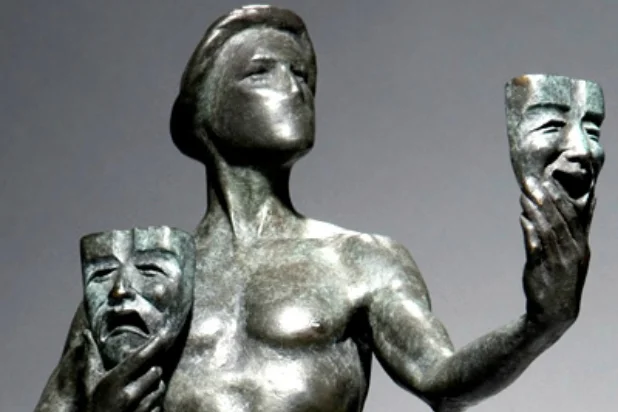
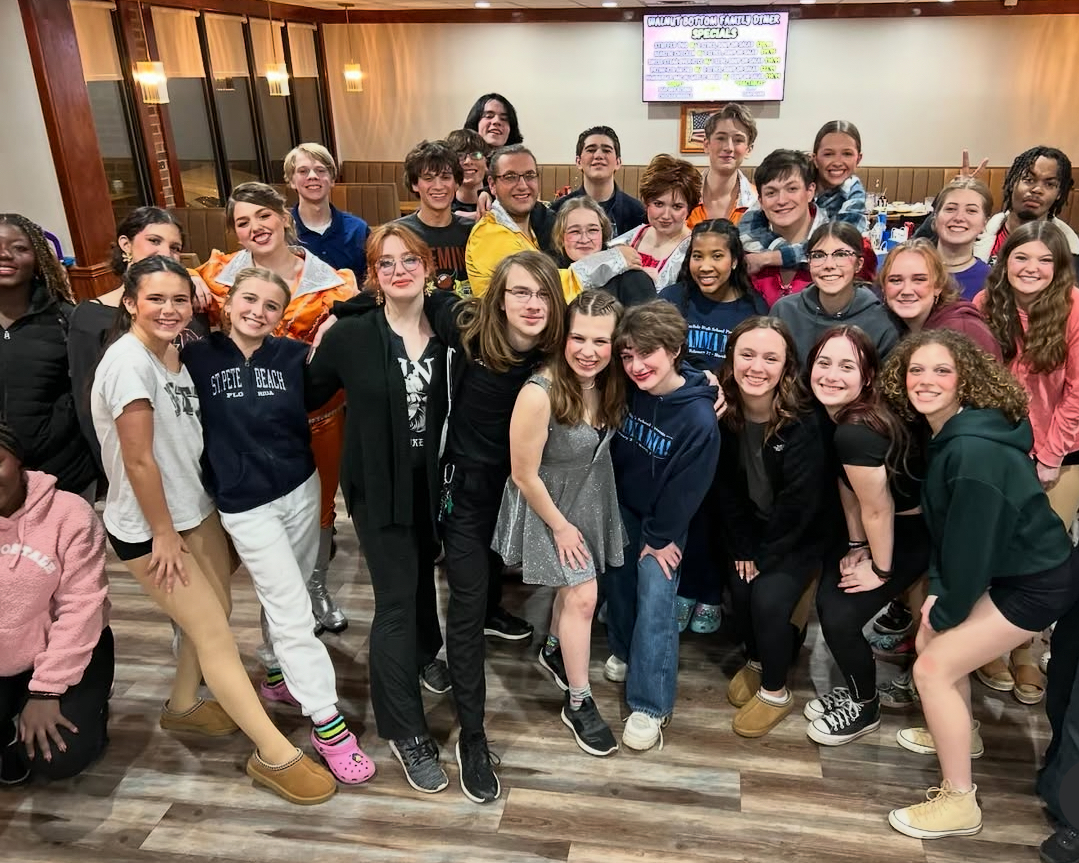


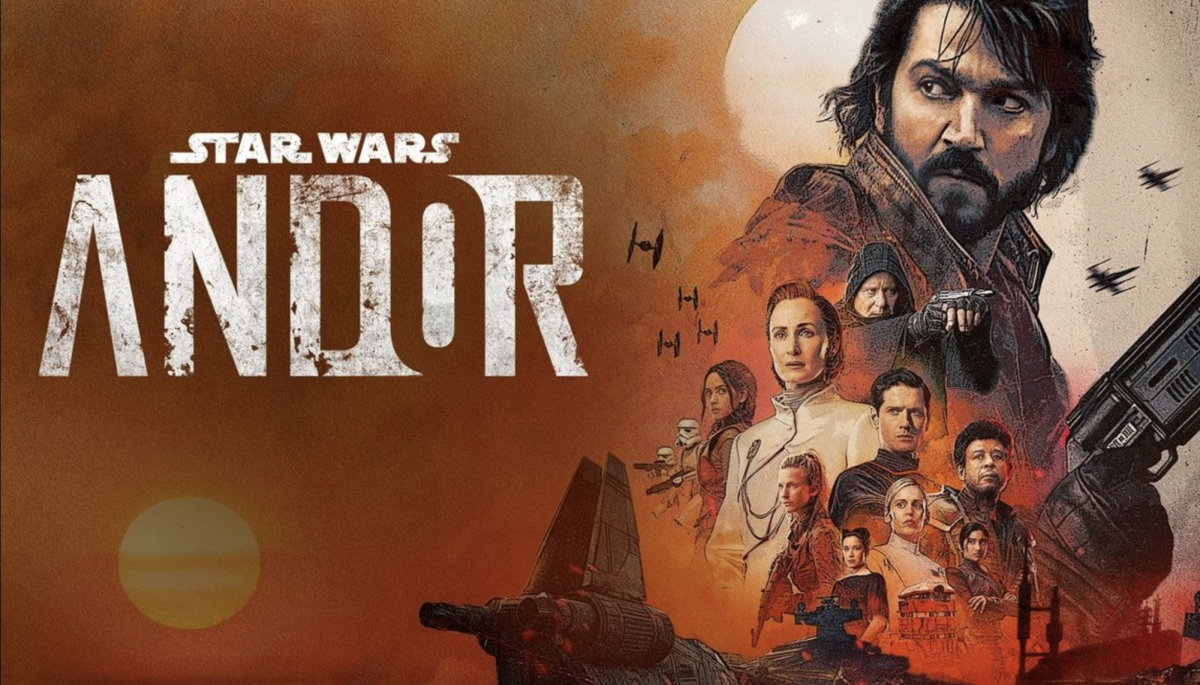





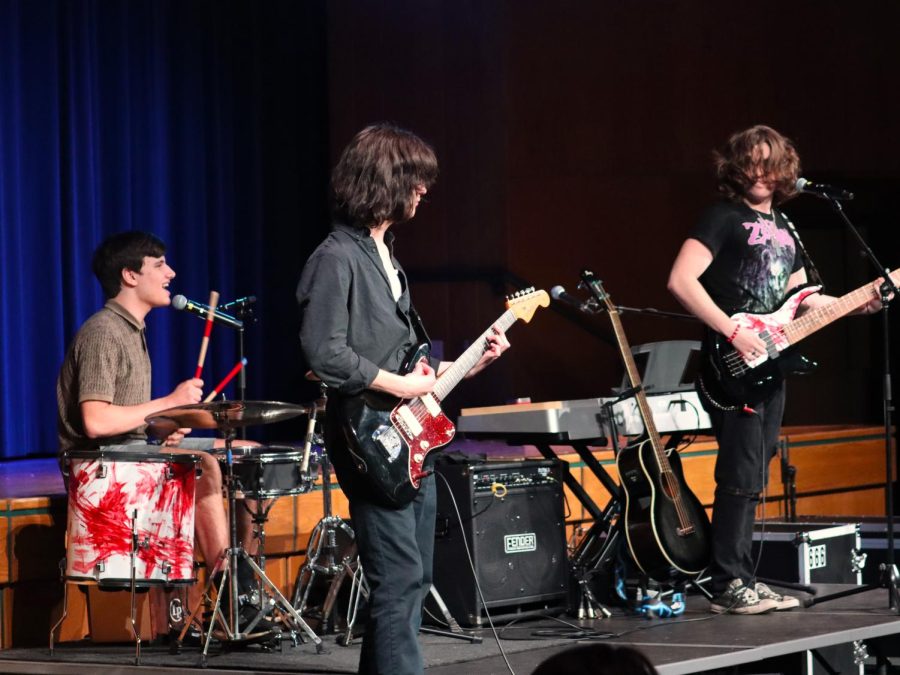








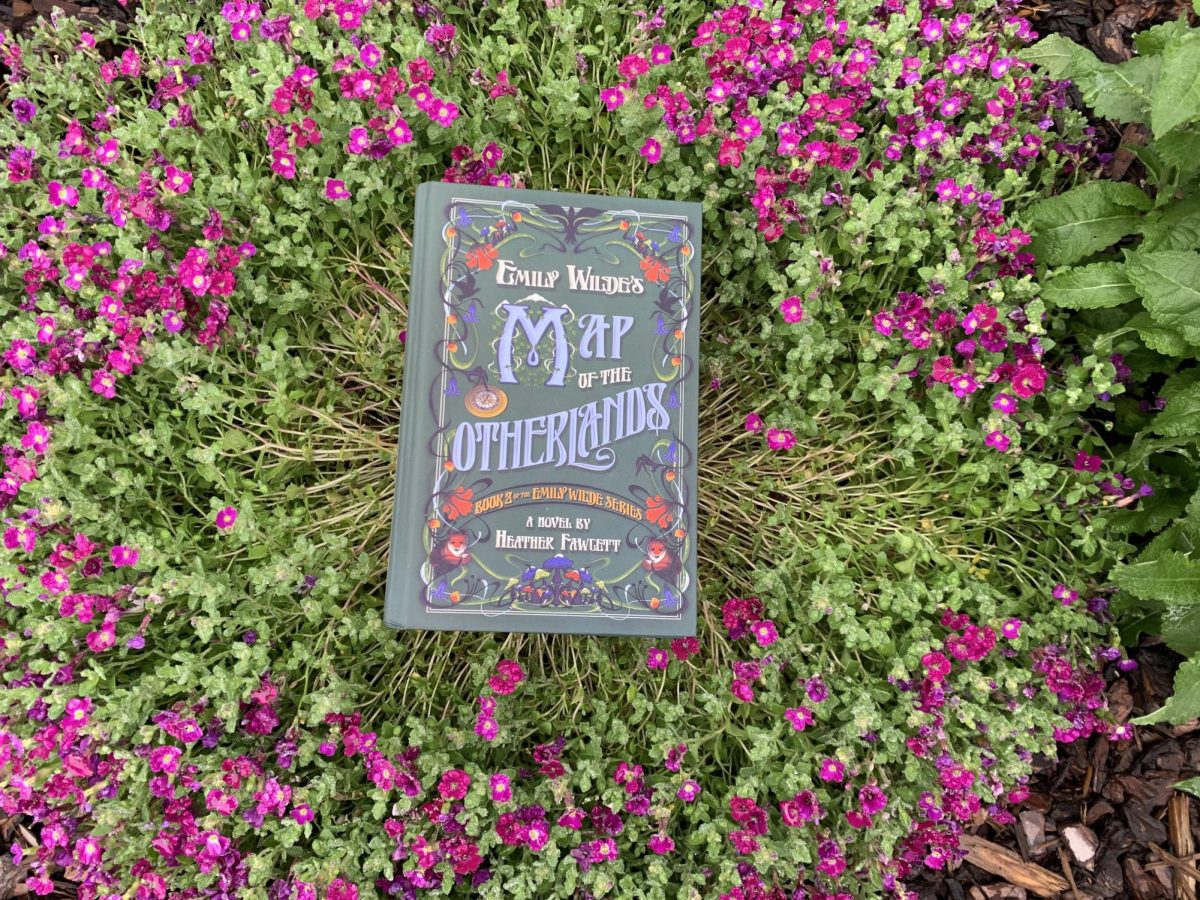











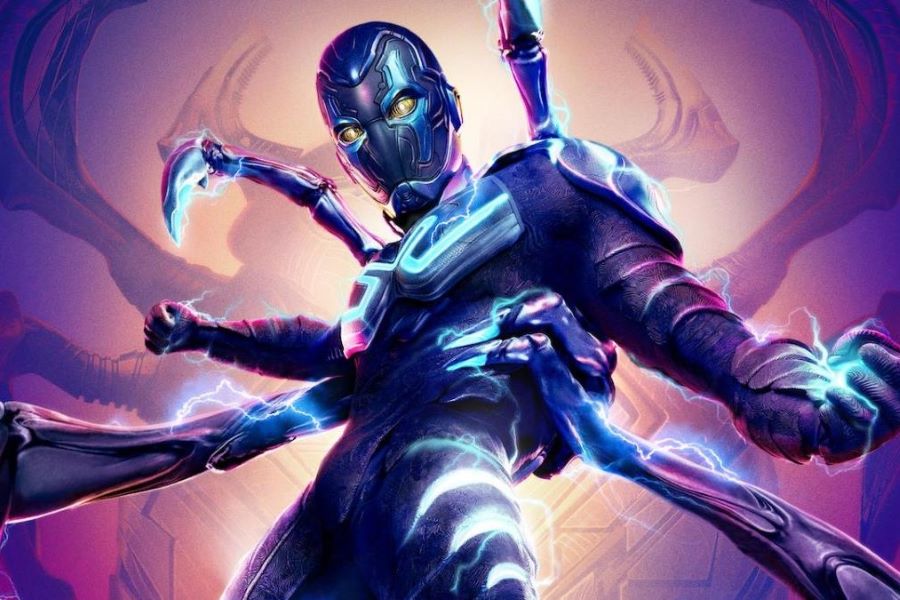














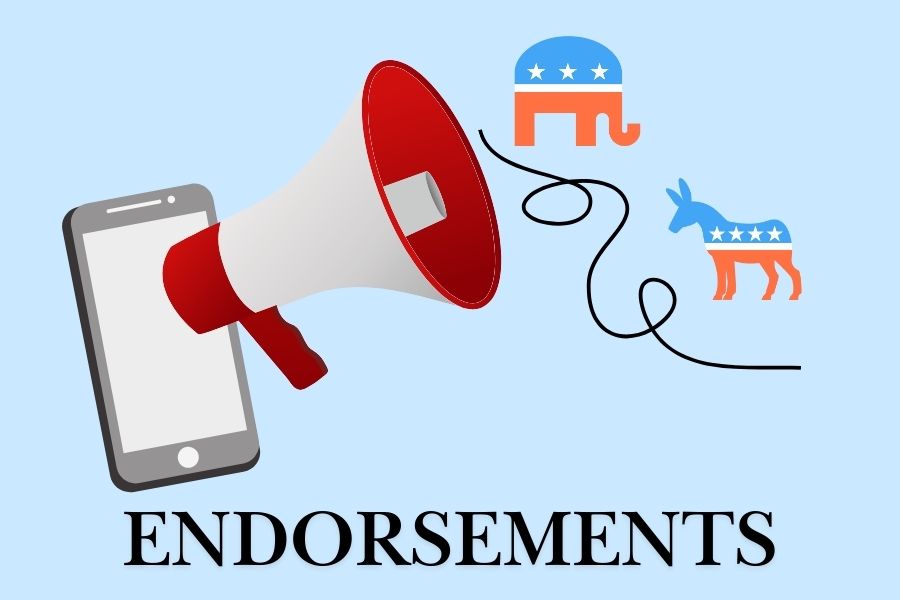











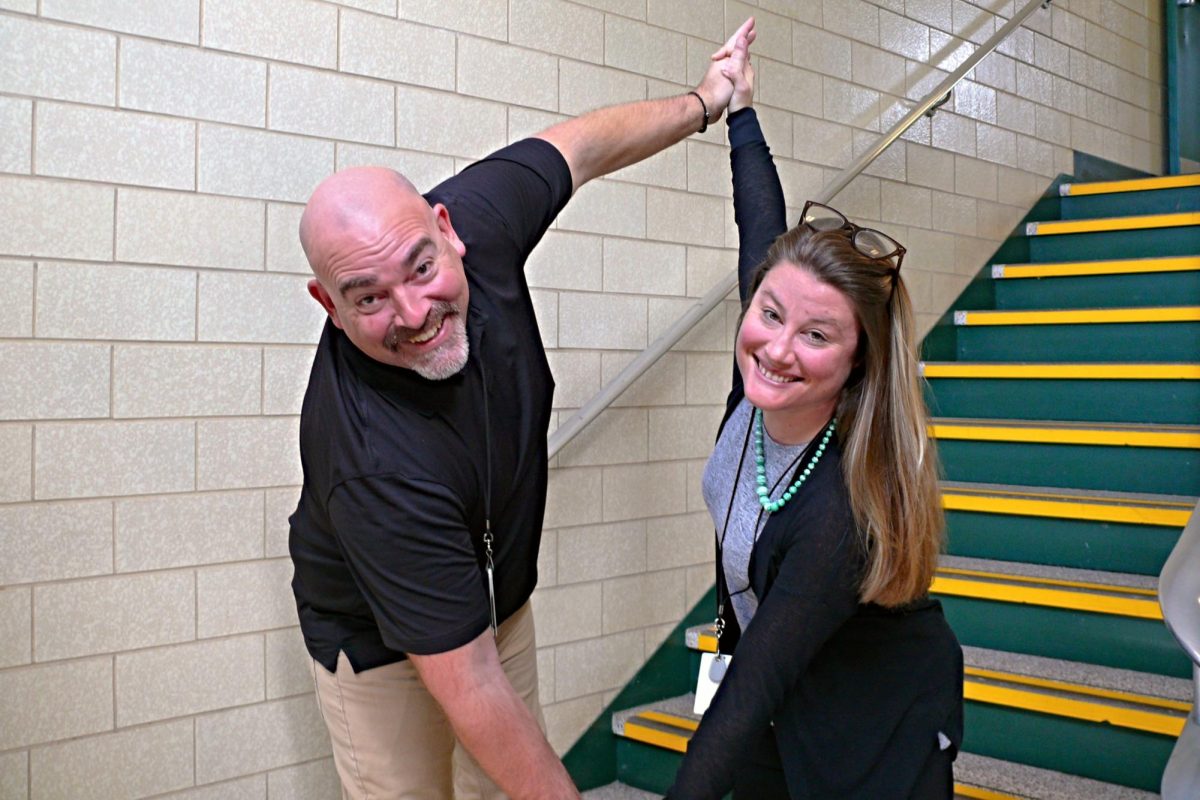




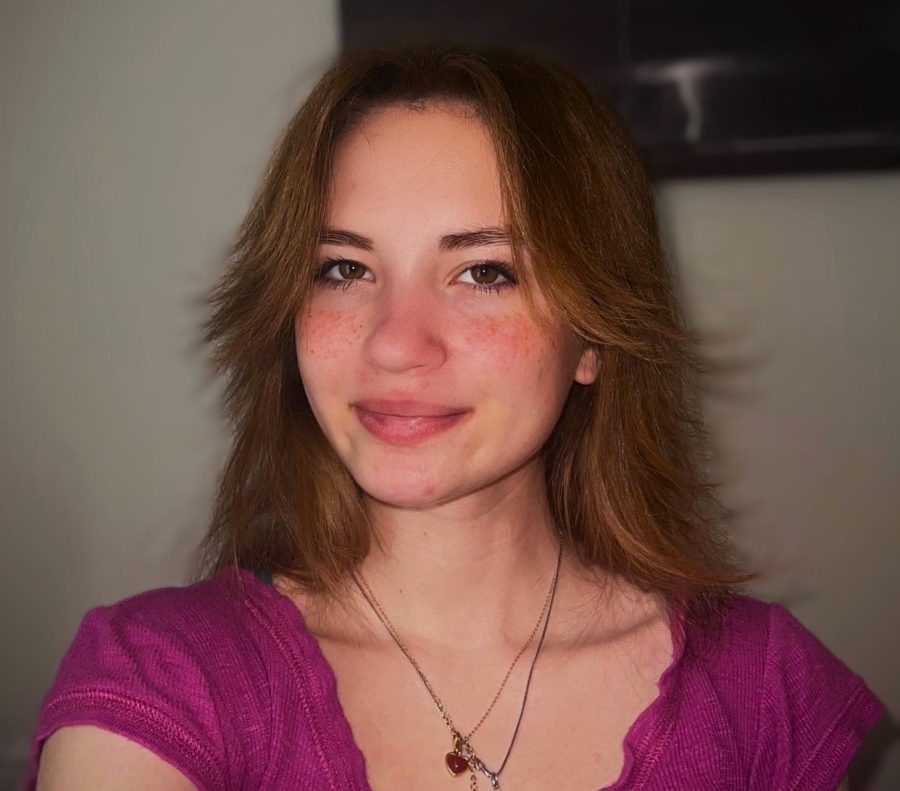






























Megan • Nov 11, 2024 at 11:42 am
Alex is m friend and i think he did a really good job!